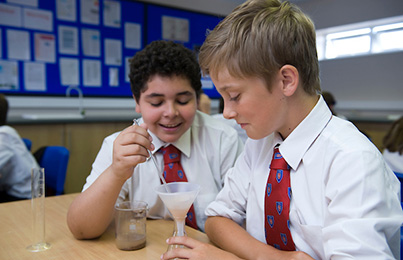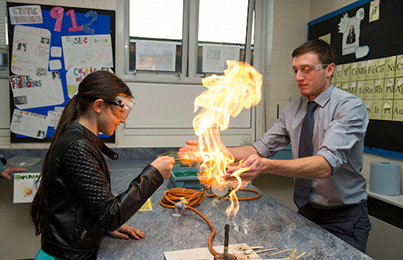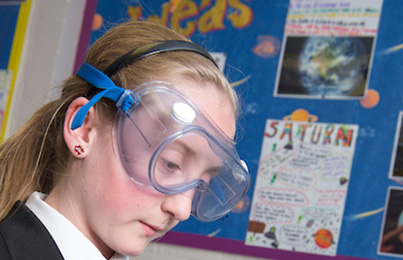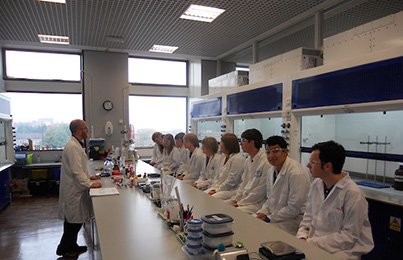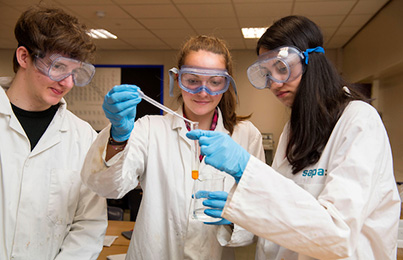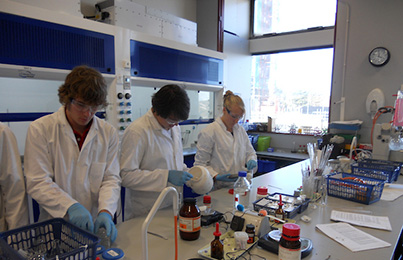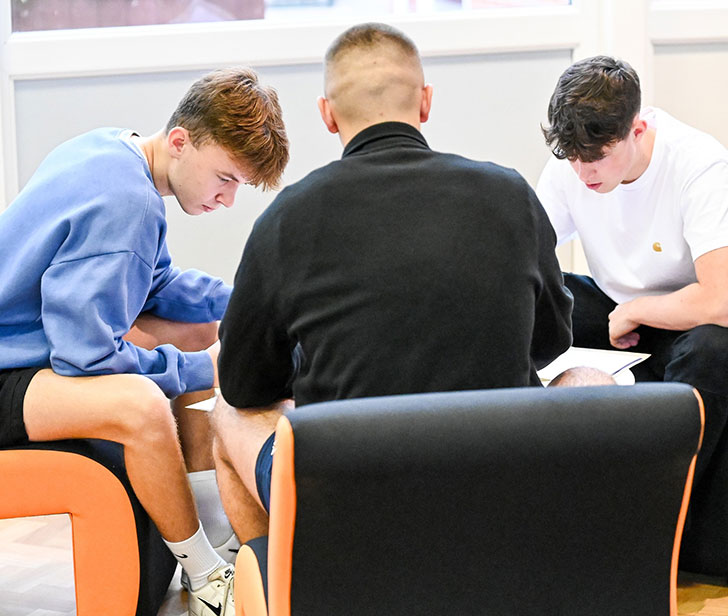Science
KS3
In science we deliver a curriculum that focuses on the skills and knowledge required to be a successful scientist. With this in mind an ambitious knowledge rich curriculum has been designed focusing on the fundamental substantive knowledge that underpins the scientific principles we encounter in everyday life. The curriculum is mapped and sequenced to allow the gradual build up of knowledge over time using key pedagogical techniques, such as the Rosenshine’s principles of instruction to ensure that every student can develop the confidence to excel. The curriculum has been designed in such a way that it spirals and new knowledge and skills build on what was previously taught which is in line with cognitive learning theory.
Careful consideration has been put into the curriculum to focus on the challenges and opportunities in North East Lincolnshire and the associated career pathways that Science can lead to. Waltham Tollbar is very fortunate that it sits on the Humber Bank and provides many industrial links to renewable technologies and the chemical industry. We take every opportunity to increase the student’s cultural capital and shape the students’ sense of ethical values by giving them an opportunity to understand and discuss the impact of scientific developments on society. Reading plays a large role in this and we embed scientific articles into the schemes of work to broaden and deepen students’ engagement with science. In Science we understand that to be a good scientist does not mean to just build knowledge but to also build their disciplinary skills. Our focus on How Science Works ignites curiosity and promotes questioning the world in which we live in whilst enriching their data analysis, experimental and investigative skills.
Through quality first teaching we ensure that every student has the opportunity to excel.
KS4
The Twenty First Century Science (OCR) suite studied at Waltham Toll Bar Academy comprises three subjects which share common material, use a similar style of examination questions and have a common approach to skills assessment.
GCSE Biology covers the major animal and plant systems in a traditional way, but also introduces the students to important breakthroughs of recent years, such as cloning and genetic engineering. Topics include: food and ecosystems, life on Earth, the human body, using food and controlling growth and genes.
GCSE Chemistry aims to give students a sound knowledge base, as well as industrial and practical applications of chemistry. Topics include: air and water, chemical patterns, chemicals of the natural environment, material choices, chemical analysis and making useful chemicals.
GCSE Physics provides students with a thorough knowledge of the subject, and develops their understanding through the use of examples taken from a modern everyday context. Topics include: forces and motion, electricity and electrostatics, the electromagnetic spectrum, light and sound, and radioactivity.
GCSE Combined Science combines Biology, Chemistry and Physics and emphasises scientific literacy - the knowledge and understanding which students need to engage as informed citizens with science-based issues. It features many of the major scientific theories in a way that encourages students to appreciate their importance in everyday life. The course also explores how scientific information is obtained, how reliable it is, what its limitations are, and how this information helps society to make important decisions.
